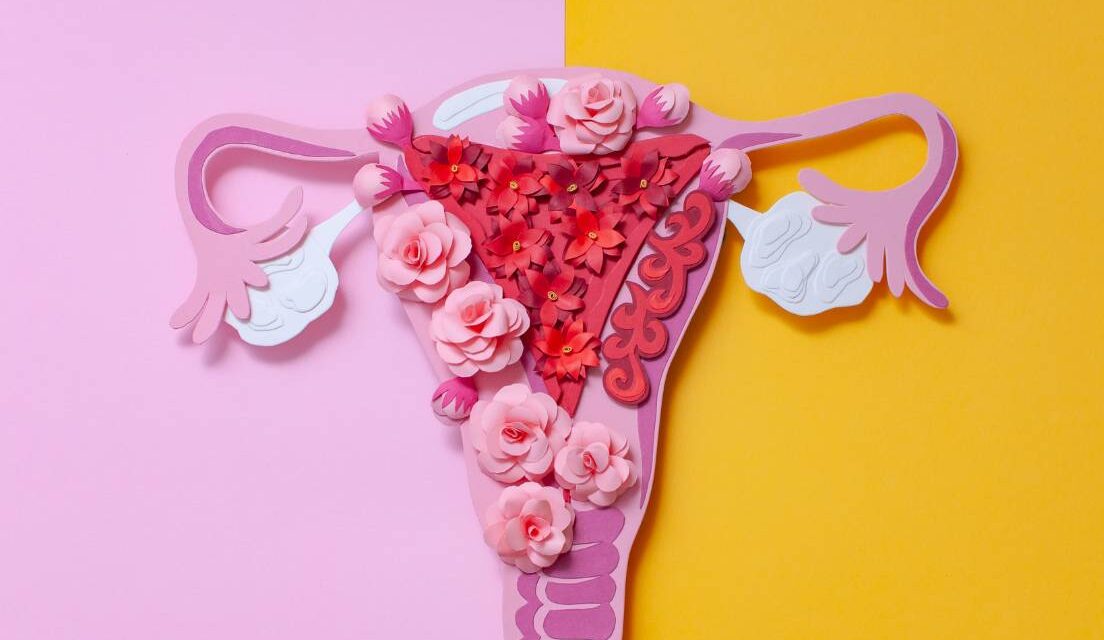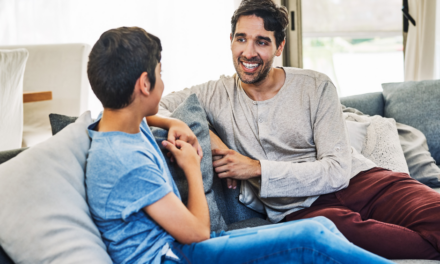March brings us Endometriosis Action month – and with it, a campaign aiming to tackle the fact that 54% of people know nothing about it.
Usually here at YES we write from an anonymous, neutral POV. But I am here today, writing about this from personal experience. So… Hello, I’m Suzi. You may know me from YES hits such as ‘How to make a shopping bag from a pillowcase’ or ‘The ‘new normal starts’ with being kind’.
I also suffer from endometriosis and am acutely aware of how important it is to talk about it and continue to raise awareness.
Mostly I am here to tell you that it sucks. But I also want you to know that if you think it’s something that affects you, there is plenty of help and support out there.
Endometriosis, a chronic pain condition which can affect the uterus, impacts the lives of around 1.5 million people in the UK. This makes it the second most common gynaecological problem in the country – yet it still takes an average of eight years to diagnose.
I feel lucky in that my own diagnosis did not take eight years – and I fully believe that is partially down to someone I know making a lot of noise about her own condition in the hope that she could help someone else. I hope she knows how much she did.

So, what is endometriosis?
In a nutshell: endometriosis (pronounced en-doh-me-tree-oh-sis) occurs when tissue similar to the lining of the womb starts to grow in other places such as the ovaries and fallopian tubes, but can also be wider spread. This can cause extreme amounts of pain, as well as heavy or irregular periods, nausea, bloating, fatigue, fertility issues or even bowel problems.
Symptoms can differ from person to person depending on where it is growing and how widespread it is. For me, waking up in the night to cramps that made me cry, or pain that sometimes radiated down the back of my legs, making it impossible to even stand up straight – let alone go to work – were a good sign that something wasn’t right. Others describe pulling, or tugging sensations or pressure in their lower abdomen. For some, there’s an upset stomach.
For so many people experiencing pain alongside periods is not uncommon. Whether or not you have periods yourself this fact is widely known, yet somewhat taboo to discuss. Often even more so when it comes to that pain being debilitating or affecting day-to-day life.
Unfortunately, little is known about what causes endometriosis – one of the reasons it can be so hard to diagnose – and it can develop at any time between puberty and menopause, in anyone who menstruates.
A full list of known symptoms can be found on the NHS website.
 This sounds like me – now what?
This sounds like me – now what?
If you think this sounds like something that affects you, you should book an appointment to see your GP. The only definitive way to diagnose endometriosis is through a surgical procedure called a laparoscopy, something I know from first-hand experience can seem daunting. But, as a keyhole procedure, it can be done quite quickly and doesn’t necessarily result in an overnight stay in hospital. You’d be home and being looked after before you know it!
Support and information about getting diagnosed is available on the Endometriosis UK website.
Living with endo
As I said before: it sucks, but there are treatments available and ways to ease the symptoms that help make life a bit easier.
As well as being diagnostic, a laparoscopy can also be used to treat the condition, allowing the surgeon to cut, burn or laser away the endometriosis or scar tissue at the time they discover it. This is, unfortunately, no guarantee it will not grow back though. Mine did, roughly two years after my surgery – though I have thankfully found the symptoms to be less severe and less regular.
Pain medications can be prescribed, as well as use of the contraceptive pill for management of the symptoms.
For me, when it’s really bad and the painkillers haven’t yet kicked in, a hot water bottle or plugging myself into a TENS unit can help take the edge off. If you have never used a TENS unit before, it can be an extremely strange sensation at first, but you soon get used to it. I recommend you start low and work your way up to higher strengths as you go.
And honestly – my best tip? I don’t need much of an excuse to run myself a luxuriously hot bath, but that can really, really help on a bad pain day. Go stock up on lovely bath bombs! You deserve it.
Endometriosis UK helpline
If you would like to speak to someone for advice, Endometriosis UK also offer a helpline where you can talk to trained volunteers who have experience of endometriosis. Whether you’ve just been diagnosed, have questions about treatment options or would just like someone to talk to, you call their free confidential endometriosis helpline on 0808 808 2227.





